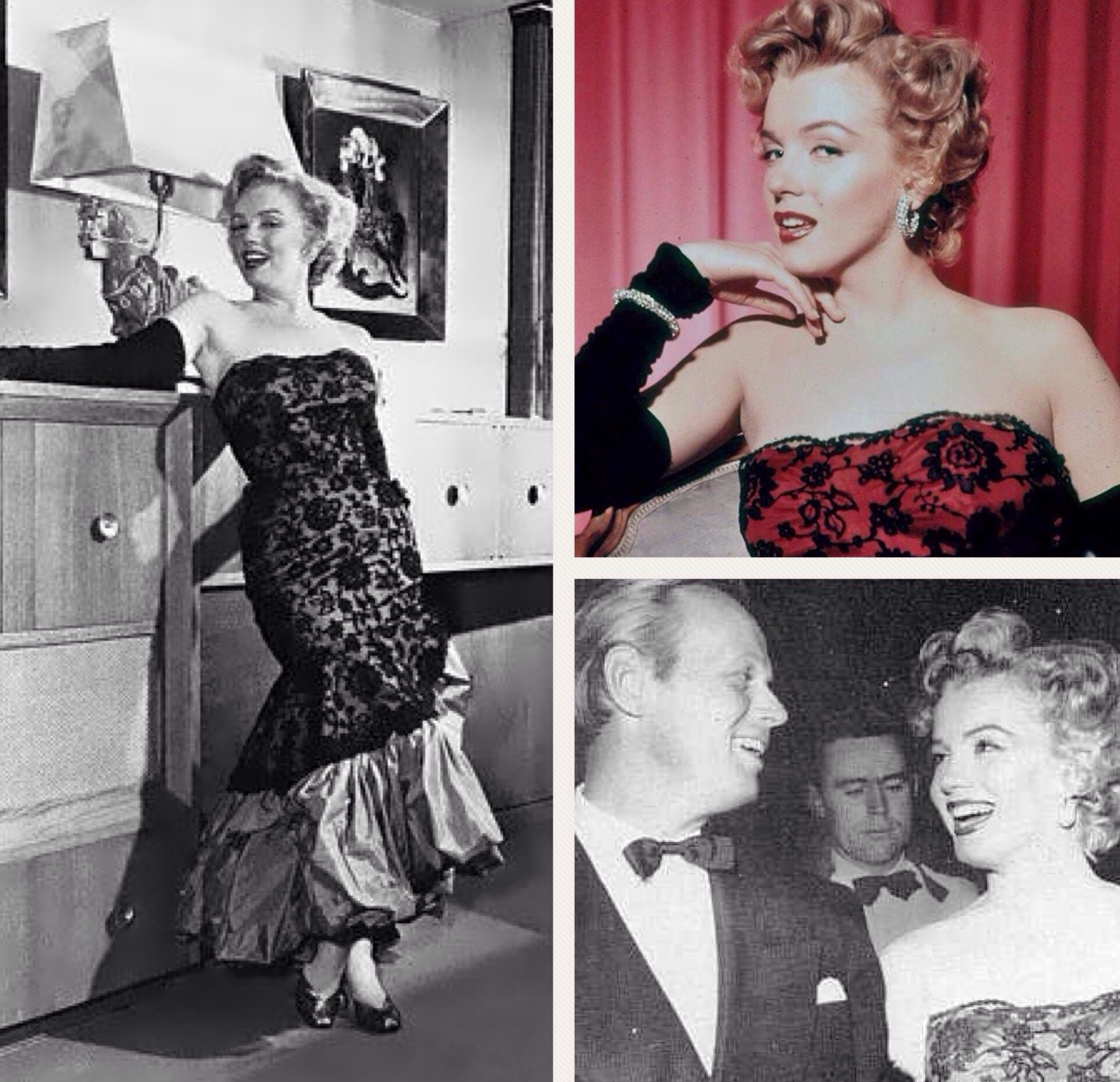

Wells’s Ann Veronica was such a smash hit in 1909 that emancipated women got called ‘Ann Veronicas’.


They’d had clear battle lines and actual victories might their novels be more heartening? Disconcertingly, the first suffragette novel I read was written by a man.

But the Seventies feminists were so bleak. Already on my team I had Mira Ward, from Marilyn French’s consciousness-raising epic The Women’s Room, and Erica Jong’s Fear of Flying sexual adventuress Isadora Wing. I wanted some fictional feminists in my life. So did Elizabeth Robins, the feminist, actress and writer of the barnstorming 1907 play Votes for Women! She was so outraged Ann ends up dull and surrendered, gushing at her teacher/husband, ‘I say, you are rather the master, you know.’ I found this galling. In Ann Veronica, Wells didn’t just whitewash the truth he also doused Reeves’s spark. But when Wells got her pregnant she had to rush into marriage to a man who would bring up her child. She was uncompromising and brilliant he nicknamed her ‘Dusa’, short for ‘Medusa’. Margaret Drabble’s introduction to a reissue of the book explains that Wells based Ann on Amber Reeves, a young woman he had seduced (according to other, shocked members of the Fabian Society) within the very walls of Newnham College, Cambridge, where she was studying moral sciences. But then at the end, seemingly out of nowhere, she elopes with her older teacher, and becomes cringingly submissive. Ann is a 21-year-old bluestocking who runs away from home to study biology, gets swept up in politics, storms Parliament and spends a month in prison. They’d had clear battle lines and actual victories might their novels be more heartening?ĭisconcertingly, the first suffragette novel I read was written by a man.


 0 kommentar(er)
0 kommentar(er)
